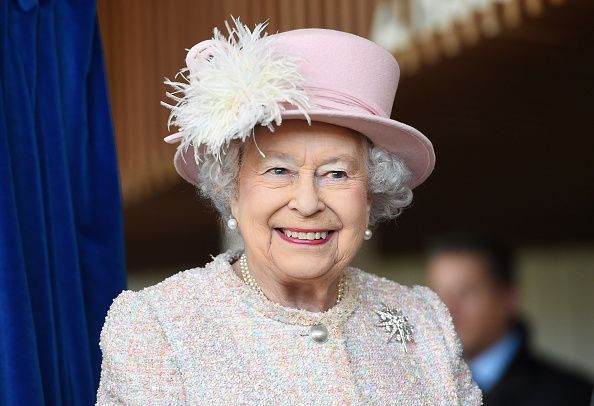Queen Elizabeth’s Portrait Was Dubbed As ‘Offensive’ For Tarnishing Colonial History

Queen Elizabeth II’s portrait in Northern Ireland recently made headlines after it was reported that some people wanted to have it removed.
This week, an academic said that the photo of Her Majesty is actually offensive because it tarnishes the colonial past of the United Kingdom.
During his interview on “Good Morning Britain,” Professor Kehinde Andrews also said that there are paintings of the Queen in the building governments of Jamaica and India.
“And it is the idea that some people in the UK are perfectly happy with it. You have to understand the colonial history of this,” he said.
But “Good Morning Britain” host Ben Shepherd said that there is one simple solution to the problem.
“If there is a piece of art that is offending you, you just don’t look at it. Is that just too flippant? Because I would imagine the portrait was there before this person started working there… We don’t know the exact timeline of when the portrait arrived,” he said.
But Lieutenant-General Sir Simon Mayall explained that the Queen’s portraits are not displayed inside government buildings for art purposes. Rather, it is there to signify the fact that she is the head of the state of the United Kingdom.
Mayall added that it is not the public who should be offended with portraits of the Queen but Her Majesty herself. This is because some of her portraits that are on display are not very flattering.
Earlier this month, Express reported that a senior civil servant received €10,000 after filing for a complaint where he claimed that his human rights were violated. The publication also noted the fact that Northern Ireland is currently divided between those who want the province to still be a part of the United Kingdom and those that don’t.
Lord Duncan of Springbank released a statement saying that posters, pictures, portraits, and other displays are considered sensitive by the Northern Ireland Office.
© Copyright IBTimes 2024. All rights reserved.





















